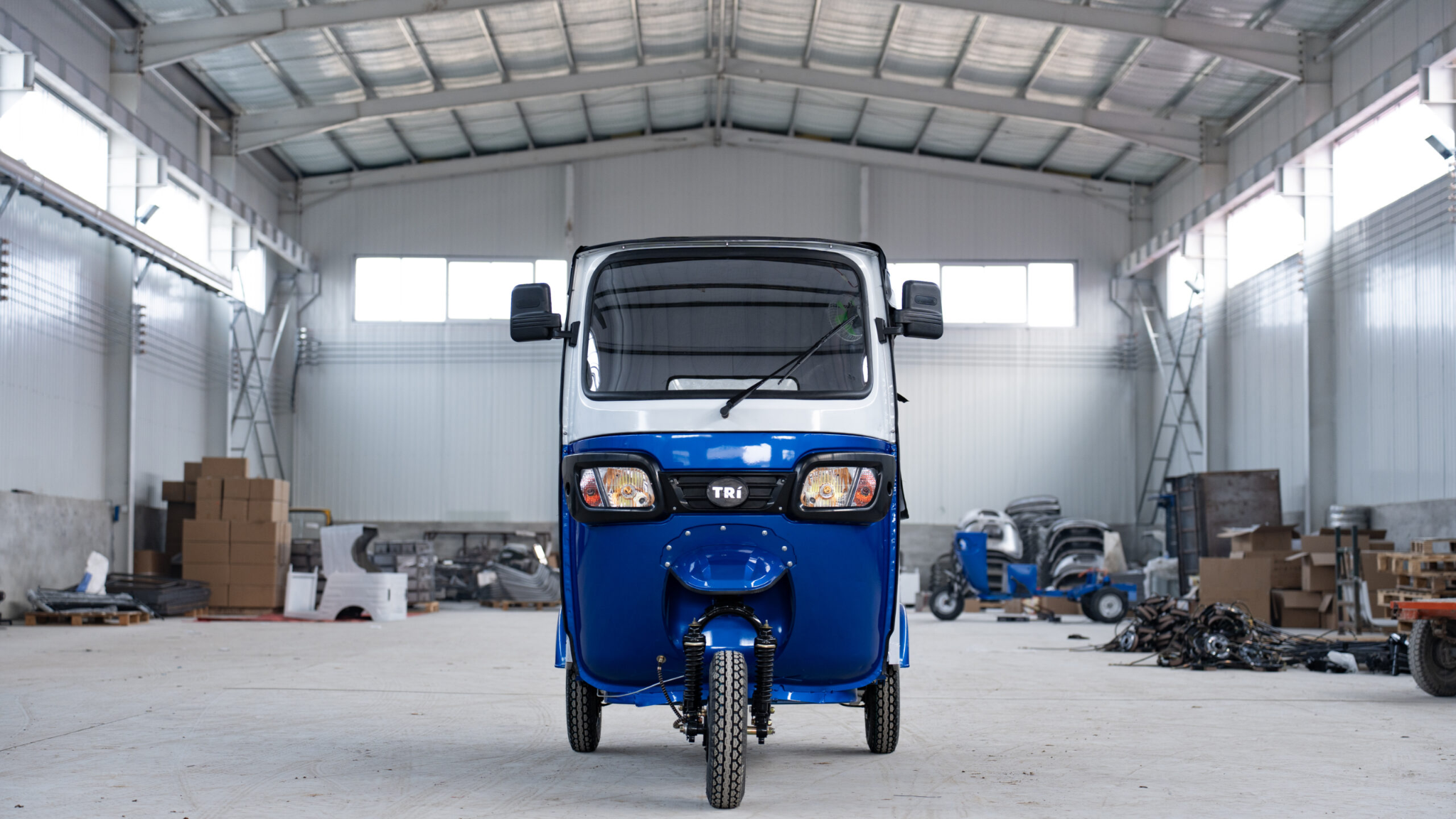Tri, a leading innovator in sustainable transportation solutions, has launched its latest electric three-wheeler in Tanzania, marking a significant milestone in the country's transition towards eco-friendly mobility. This article provides an overview of Tri's new electric vehicle (EV) model, highlighting its features, benefits, and implications for the future of transportation in Tanzania.
Introduction: Tri's Commitment to Sustainable Mobility
Tri has established itself as a pioneer in the development and deployment of electric three-wheelers, offering a cleaner, greener alternative to traditional gasoline-powered vehicles. With a focus on innovation, efficiency, and affordability, Tri is driving the shift towards sustainable transportation solutions in emerging markets like Tanzania, where the demand for eco-friendly mobility options is on the rise.
The Next Generation Electric 3-Wheeler: Key Features and Specifications
Tri's latest electric three-wheeler combines cutting-edge technology with practical design features to deliver an optimal driving experience for both passengers and drivers. Equipped with a high-capacity lithium-ion battery, the vehicle offers extended range and enhanced performance, making it well-suited for urban commuting and last-mile delivery applications. Additionally, the electric three-wheeler features regenerative braking technology, which helps to maximize energy efficiency and reduce operational costs.
Benefits of Electric Three-Wheelers for Tanzania
The introduction of Tri's next-generation electric three-wheeler brings several benefits to Tanzania's transportation ecosystem. Firstly, the vehicle's zero-emission operation contributes to cleaner air and reduced pollution in urban areas, addressing environmental and public health concerns associated with conventional combustion engine vehicles.
Additionally, the electric three-wheeler offers lower operating costs and maintenance requirements compared to gasoline-powered counterparts, making it a cost-effective and sustainable transportation solution for drivers and fleet operators.
Impact on Local Communities and Economy
Tri's electric three-wheeler has the potential to generate positive socio-economic impacts for local communities in Tanzania. By providing employment opportunities for drivers and technicians involved in the assembly, operation, and maintenance of electric vehicles, Tri contributes to job creation and economic empowerment at the grassroots level.
Moreover, the adoption of electric three-wheelers supports Tanzania's efforts to achieve its sustainable development goals, including the promotion of clean energy, climate action, and inclusive economic growth.
Infrastructure and Support Ecosystem for Electric Vehicles
As Tanzania embraces electric mobility, the development of supportive infrastructure and ecosystem becomes increasingly important to facilitate the widespread adoption of electric vehicles. Tri is committed to working collaboratively with stakeholders, including government agencies, utilities, and technology partners, to establish charging infrastructure, provide training and support for drivers, and promote awareness and acceptance of electric vehicles among the general public.
By building a robust ecosystem for electric mobility, Tri aims to accelerate the transition towards sustainable transportation in Tanzania and beyond.
Conclusion: Driving Towards a Sustainable Future
In conclusion, Tri's launch of its next-generation electric three-wheeler in Tanzania marks a milestone in the country's journey towards sustainable mobility. With its innovative technology, environmental benefits, and socio-economic impacts, Tri's electric vehicle offers a promising solution to the transportation challenges facing Tanzania.
By embracing electric mobility and fostering collaboration among stakeholders, Tanzania can pave the way for a cleaner, greener, and more inclusive transportation future that benefits both present and future generations.





